We Are Educators
CRE is a collective of educators, community leaders and wellness practitioners who have been working with organizations, service providers, students/youth, families, teachers, schools, school districts, colleges, and universities to build humanizing and nurturing educational cultures for over twenty-five years. Through CRE, leaders and their organizations can develop their capacity and agency to become more responsive to the needs of the communities that they serve. Our services include curriculum development, leadership coaching and training, pedagogical/methodological development workshops that include storytelling, critical performance, and participatory action research.
Directors
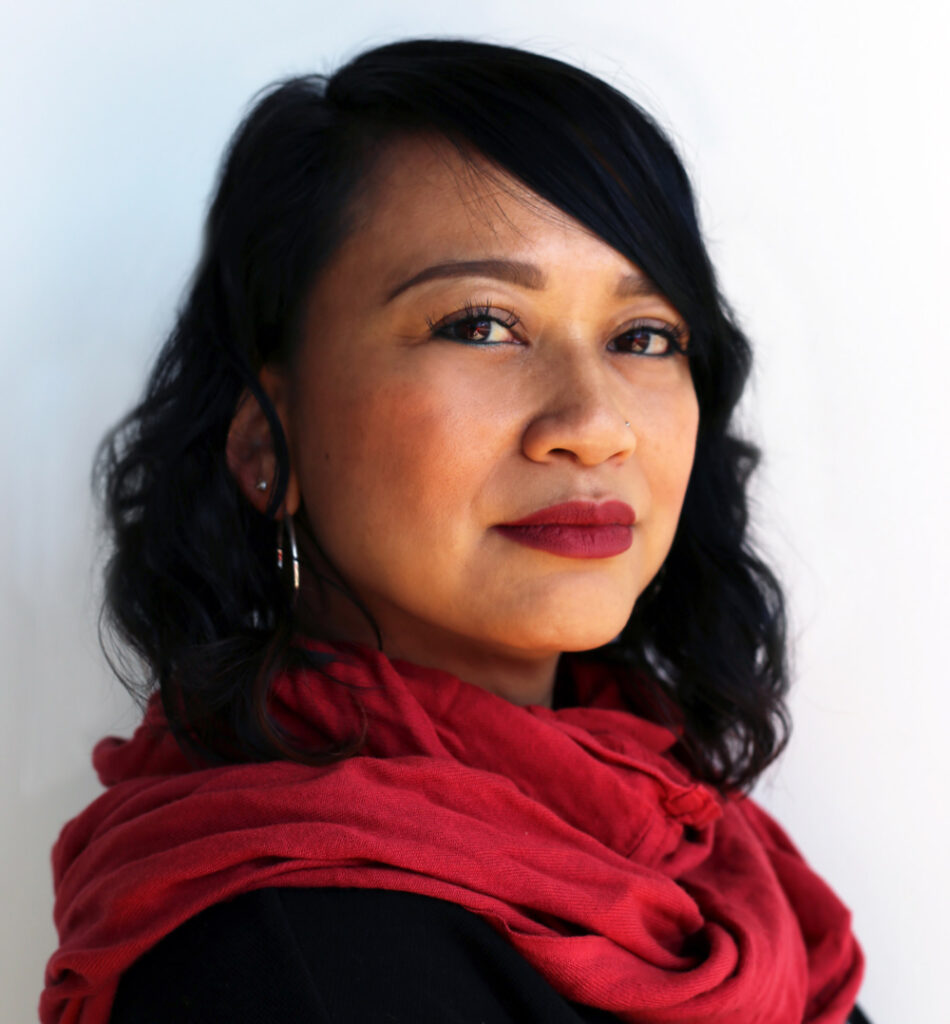
Allyson Tintiangco-Cubales, Ph.D., is a Professor in the College of Ethnic Studies and Educational Leadership at San Francisco State University. She cofounded Community Responsive Education and Teaching Excellence Network. She has published five books and a wide array of articles and book chapters that focus on the development of ethnic studies curriculum and community responsive pedagogy. Professor Tintiangco Cubales has won many awards including being named one of the 100 most influential Filipinas in the world. In 2014, she was also given the Community Advocacy Award from the Critical Educators for Social Justice group from the American Educational Research Association.
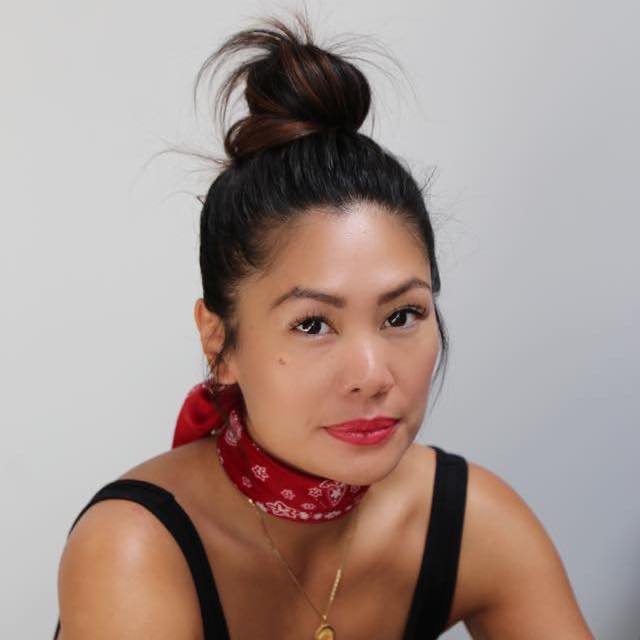
Glenda Macatangay, MSW
Co-Founder, Executive Director of Youth Wellness Movement
Glenda Macatangay, MSW is a mother to 4 mixed-ethnicity intuitive children ages 6-21 who harness their ancestral magic, skills, traditions, and creative expression. She has over 23 years of experience across various community-based mental health, wellness, and education roles. As a Psychotherapist with evidence-based programs and frameworks, she led functional family therapy, individual//couples/family therapy, specialized in sexual abuse/trauma, and worked in K-12 school settings. As a Social Worker, she served unhoused adults with severe mental health diagnoses, worked as a medi-cal facilitator with First 5 California, and served as a case manager supporting youth and adult access to healthcare and resources in Southeast Asian communities. As a Clinical Director in community-based settings, she served K-12 youth in urban and rural settings, youth impacted by juvenile justice and foster care, and served as a coach for clinicians, therapists and practitioners. In addition, she was a Research Lead with SFSU’s College of Ethnic Studies, and SJSU’s Institute of Regenerative Futures.
Macatangay is the CEO, Co-Founder/Co-Director for Community Responsive Education, as an Integrative Wellness and Ethnic Studies Consultant, and was the Operations and Business Strategist for Teaching Excellence Network, where she supported the development and implementation of a platform for teacher feedback and professional development. She has held roles as the Strategy and Communications Director for several climate, equity, and social justice organizations, and is an advisor for several youth-led cultural leadership organizations and coalitions. She is an Integrative Wellness Consultant and Leadership Coach in various schools/districts and various companies expanding student success, also the Co-lead for a parent-led Diversity, Equity, Inclusion, and Belonging committee at her childrens’ school.
In addition to her decades of experience as a social entrepreneur for several social justice/social impact and creative businesses, she has 30 years of experience in arts, activism and grassroots organizing, including Executive Producing documentary films on youth wellness and family healing, curating music festivals for over 33K attendees, and founded a community-based sustainable clothing and fashion line. She is certified in Family Constellations, Embodiment and Somatics, Clinical Hypnotherapy, and Aerobics.
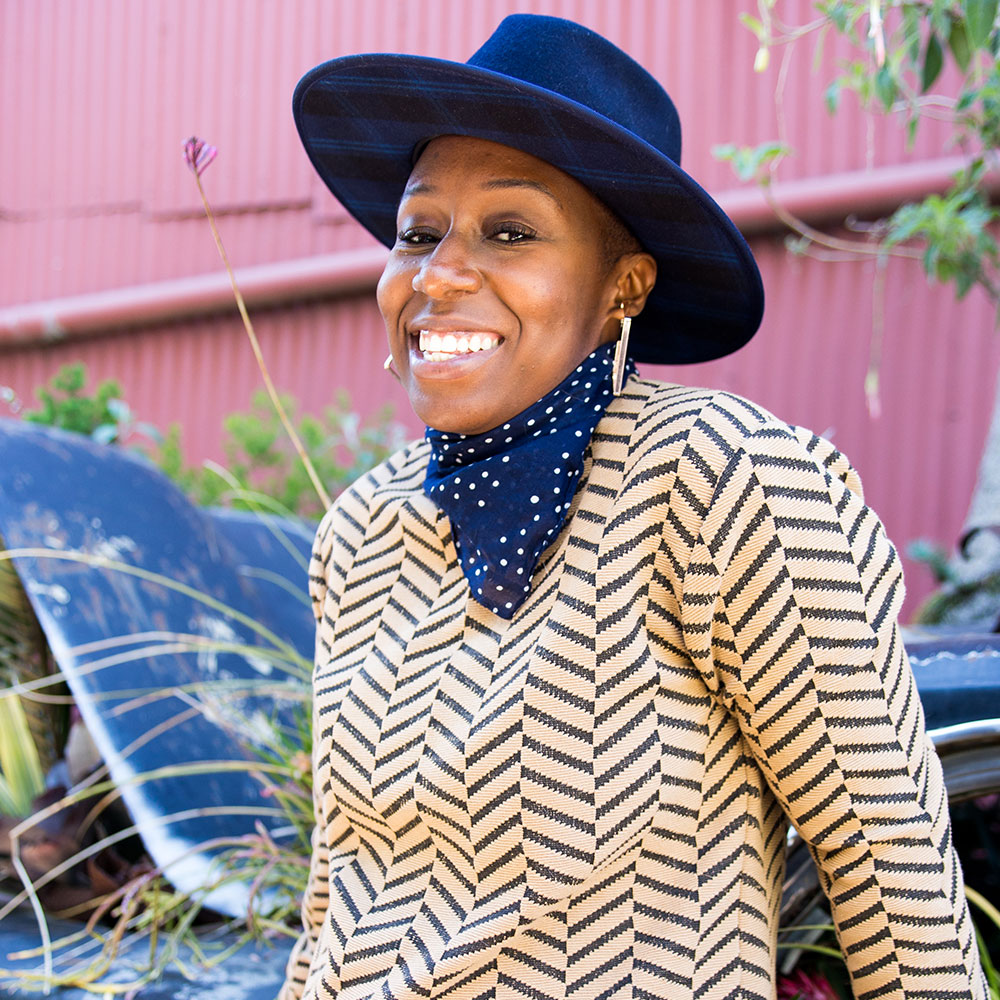
Tiffani Marie Johnson, Ph.D
Research Lead
Tiffani Marie is the daughter of Sheryll Marie, granddaughter of Dorothy Wilson and Annette Williams, and the great-granddaughter of Artelia Green and Olivia Williams. She comes from a long line of Arkansas educators. She is passionate about learning with and from youth, building with sacred and beloved community, sewing, music production, and connecting to the natural world.
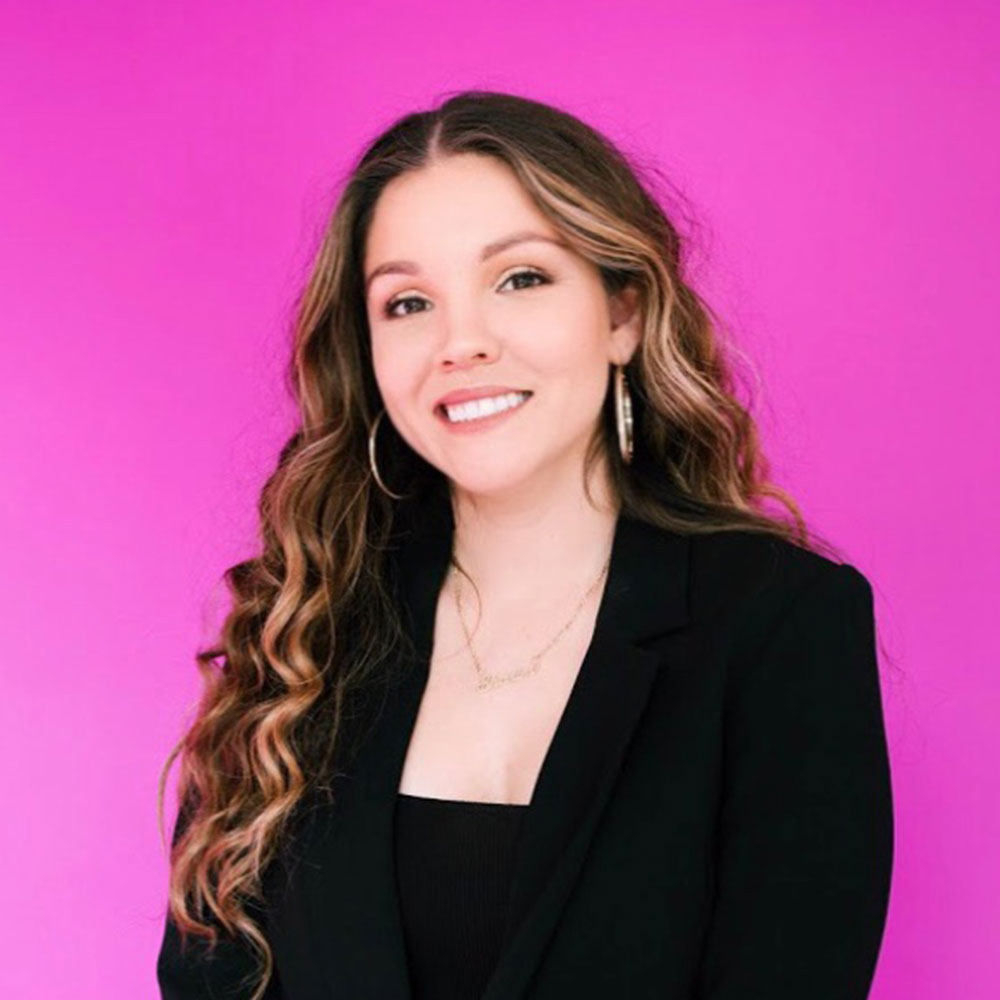
Sharim Hannegan-Martinez, Ph.D
Research Lead
Sharim Hannegan-Martinez is a daughter, sister, prima, homegirl, educator, organizer, and lover of young adult fiction and boxing. Her research is informed by her experiences growing up on the San Diego-Tijuana frontera and her time as a high school English teacher in East Oakland, and examines the relationship between trauma, loving pedagogies, literacy, and student wellness, particularly as it relates to Students of Color. Her most recent study explores the pedagogy of loving relationships— cultivated in part by the literacy practices employed by teachers — as an intervention to traumatic stressors within the context of urban classrooms. Her work has been published in several journals including Teachers College Record, Urban Education, and Urban Review. She is a founding member of the People’s Education Movement, Bay Area, and currently works as an assistant professor at the University of Kentucky. She earned her Ph.D from the University of California, Los Angeles (UCLA) where her dissertation was recognized by the Ford Foundation’s predoctoral and dissertation year fellowships, and was awarded ‘dissertation of the year’ by American Educational Research Associations’ Division G: Social Contexts in Education.
Coordinators

Sarah Marie Hawkins
Program Coordinator
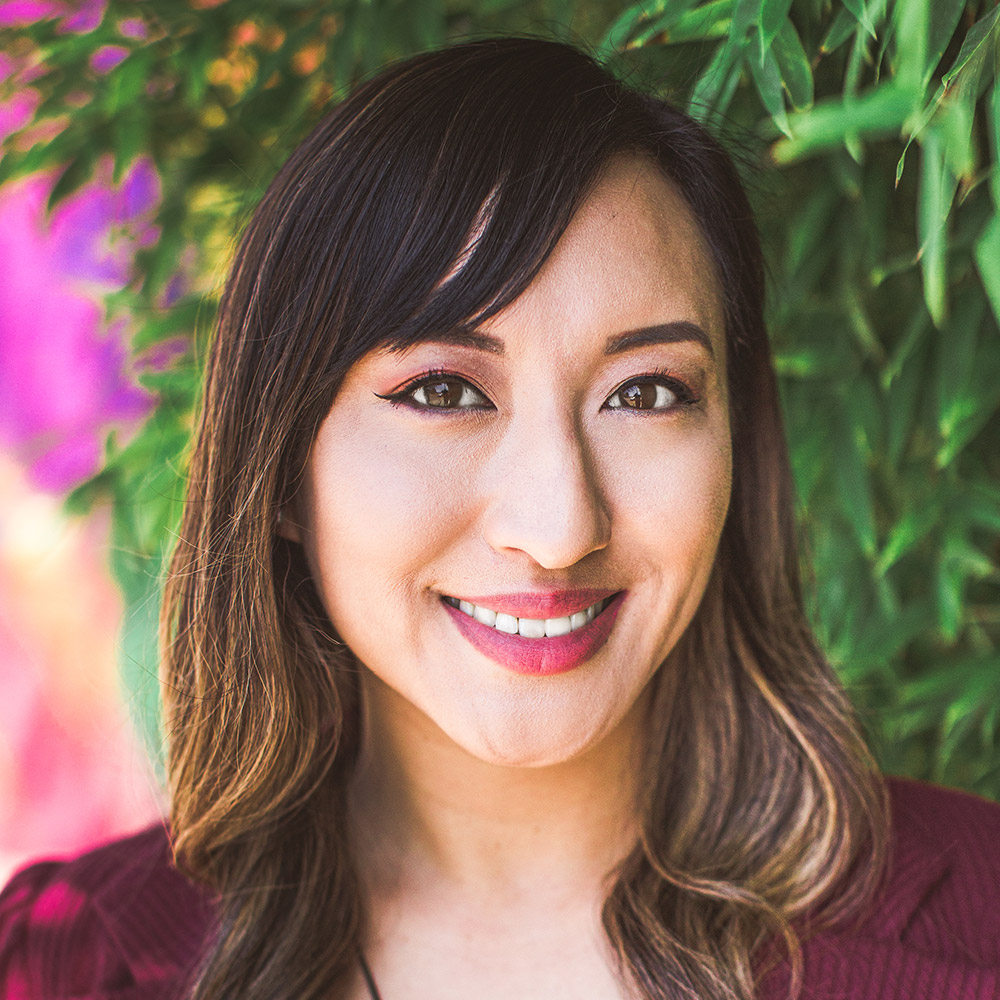
Reina Victoria
Program Coordinator
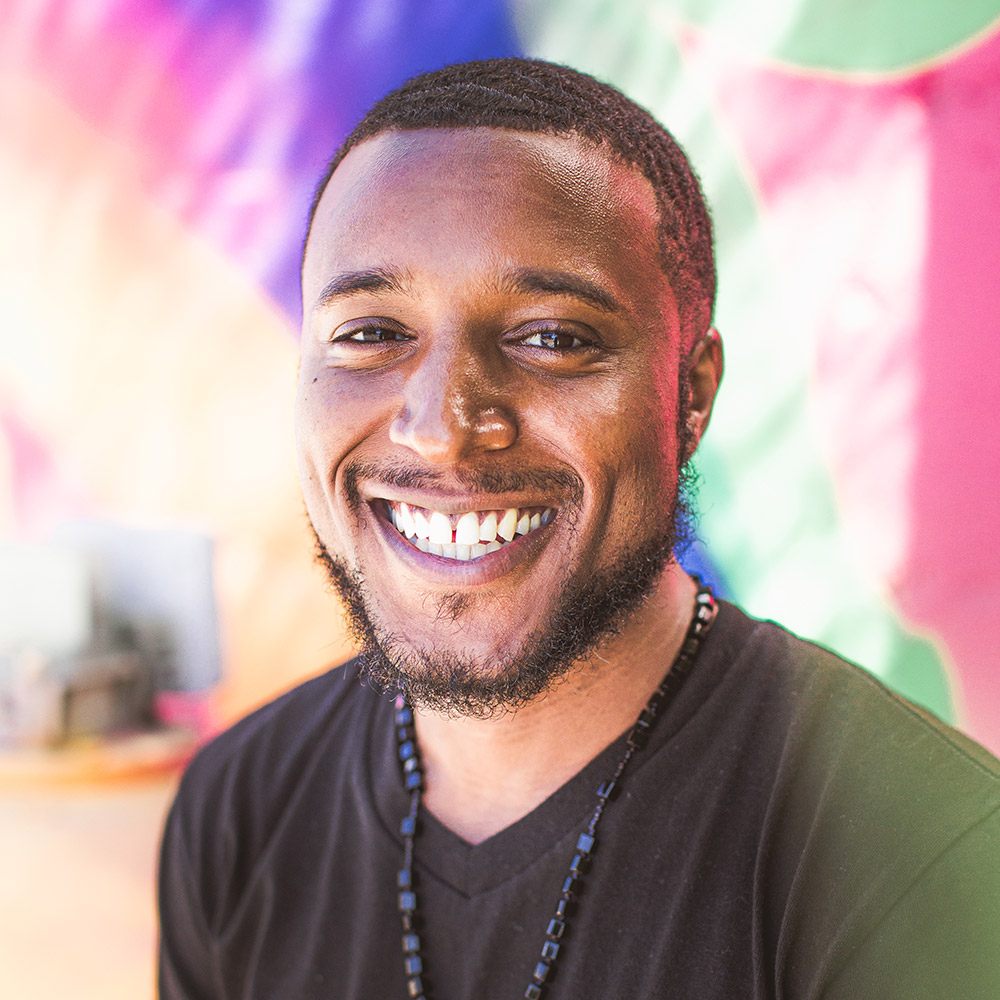
Daryl McDaniel
Digital Engagement Coordinator
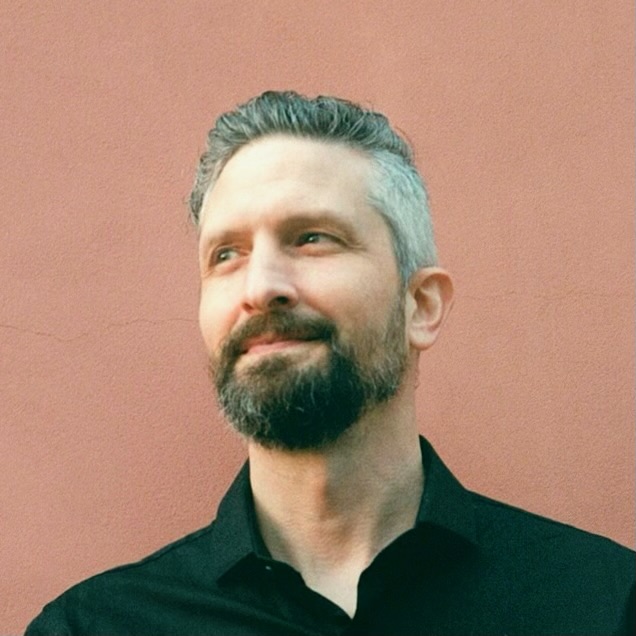
Lucas Ives
Accounting and Grant Coordinator
Testimonials
I wanted to drop you a line to say that last week I was at this wonderful conference (Curriculum and Pedagogy) in McAllen TX, where I found myself both thinking about your writings and talking about them (again!) to others. This was especially true as I walked by the border, Border Patrol agents, and saw people on the bridges and on either side and thought about...everything. I found myself thanking the professor who introduced me to your work in person (finally met her), and then suggesting it to other graduate students. http://www.curriculumandpedagogy.org/conference/ Then, today, my advisor from University of Texas-RGV sends me this article by Picower. She thinks it can inform my dissertation work, because I am having trouble deciding on one question and a methodology that I can reasonably accomplish. Especially because my father is now terminally ill, it has to be a very meaningful project to me and also do-able with my family life. That's kind of a contradiction! In any case, I saw you cited over and over in this article, and found my spirits lifted and found myself inspired again and thinking positively and passionately. I thought that it would be nice to tell you, again, your work is making a difference to a specific someone, and I guess also in a way to my specific students here at Nuestro Mundo Community School in Madson, WI and also to my adult graduate students in a local bilingual education masters degree program.
Caroline H.
I currently teach English to freshmen and sophomores in the state of Arizona. About five years ago one of my professors assigned your book as a class reading. As I've gotten older and experienced life, as well as life within the walls of low-income schools, I find myself now in my 4th year of teaching having the deepest burning desire to follow in your footsteps. You are the first person I have as a role model and "hero" that I don't actually know in real life. You have inspired me more than I ever thought someone could do. So, just know that your research and words are influencing in a beneficial way the lives of hundreds of students every single day.
Erica Jay, Freshman and Sophomore Teacher, Arizona
